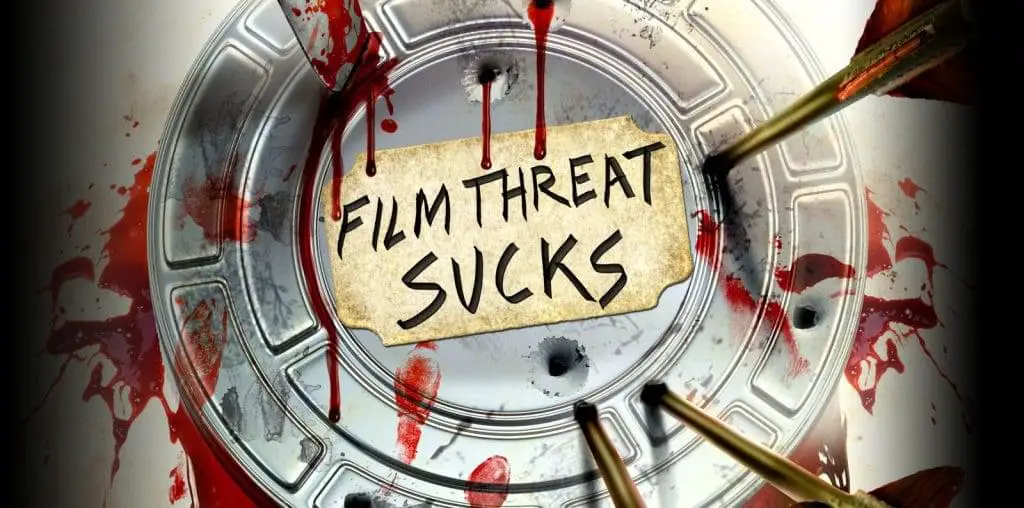
“The Boys in the Band” holds a curious place in film history. The 1970 film, released one year after the Stonewall Riots, presented the first unapologetic, in-your-face view of the gay lifestyle to movie audiences. However, the film solidified many of the pre-conceived stereotypes of gay men as immature, promiscuous, bitchy, unbalanced f**k-ups incapable of creating and maintaining a genuine atmosphere of love and caring. For many years, “The Boys in the Band” was viewed by gays in the same way that “Porgy and Bess” was viewed by African Americans: as both a landmark and an embarrassment.
The problem is primarily with Matt Crowley’s source material, which ran 1,001 performances Off-Broadway before becoming a film. With its heavy doses of lacerating put-down humor, a round-up of token characters (the nelly queen, the dumb but cute hustler, even the solitary African American) and an abrupt third act switch away from acerbic humor to very heavy melodrama, Crowley picks up all the vices of multiple playwrights but few of their virtues. Imagine an all-male version of “The Women” with excess blood transfusions from “Who’s Afraid of Virginia Woolf?” and you have this work.
For those who don’t know “The Boys in the Band,” the plot takes place at a gay birthday party held in a New York apartment. The festivities are interrupted with the unexpected arrival of a heterosexual former college classmate of the party’s host. This straight guy cannot comprehend that his pal is queer, nor can he connect the dots in imagining that gay men have emotional needs – or, in one case, that a married man could go the other way. It all culminates with a disastrous game of telephone-based dare, where confessions and sorrows pour out in gushing wordplay. By the end of the night, everyone is either depressed or confused and the party’s host is ready for a nervous breakdown.
And none of this is easy to sit through. As the characters claw into each other and wallow in self-pity, “The Boys in the Band” becomes highly unpleasant – seeing such deliberate cruelty, even when wrapped in acidic bon mots, is more of a bloodsport than an evening’s entertainment. It also sends the message that gay men are pathetic losers – this may not have been Crowley’s message, but it nonetheless does little to make a straight person sympathetic to the homosexual cause (and having the sole straight man in the mix as being the only level-headed character doesn’t help).
If the film still resonates today, it is due to William Friedkin’s imaginative direction – it is basically a one-set film, but the camera work and editing are so sharp that it never feels like a filmed play – and to the remarkable ensemble cast. The best of the bunch are Leonard Frey as the stoned and cynical birthday party guest of honor, Robert La Tourneaux as the good natured hustler who is hired as the “birthday present,” Laurence Luckinbill as the once-married teacher who barely keeps his patience in the face of his lover’s endless adultery, and Reuben Greene (the sole black character and the recipient of painful racist joking) as the good natured soul whose spirit crumbles when he betrays the story of an unrequited first love. The actors are able to plumb genuine humanity, often where it barely exists, and their work is truly memorable. (The one big catch here is Cliff Gorman doing a swishy f*g routine that quickly becomes very tiresome.)
One cannot deny the historic importance of “The Boys in the Band” – for better or worse, this is the starting point of queer cinema. But, quite frankly, one wishes the genre had a more dignified and less bitchy way of launching – these are not the type of gay boys you want to take home to mother.

I am sorry to say this but… “immature, promiscuous, bitchy, unbalanced f**k-ups incapable of creating and maintaining a genuine atmosphere of love and caring” is an accurate description of most of the Gay Community nowadays.